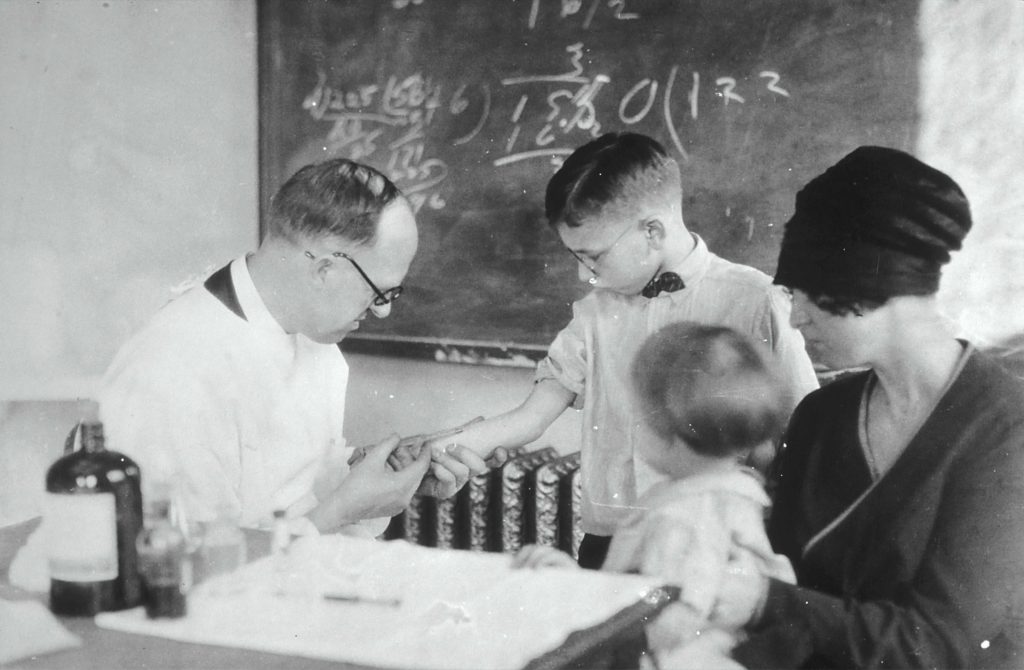
One can hardly count the number of movies that built around a revenge theme. The plot is usually some variant, but the main points are the same: Hero or hero’s significant other is unjustly attacked/hurt/framed or killed, hero’s situation does not provide appropriate recourse to justice, hero strikes back and despite all probability of failure, succeeds in vanquishing the antagonist at last. The viewer usually feels a mix of relief that the bad has been eliminated, and gladness or elation that justice was done.
The problem with such movies is that they twist our sense of righteousness into a celebration of violence. We conveniently forget that God takes no pleasure in the death of the wicked (Ezk 33:11). And if God doesn’t, His children shouldn’t either.
But we do. We forget that vengeance belongs to God (Deut 32:35). We shouldn’t take it upon ourselves. But we want to. That unrighteous want nudges against what is sometimes a very thin line between acting in righteous anger to stop or avoid greater injustice and inflicting punishment as vengeance.
Anger is a strong emotion because it is built into us by design. God despises injustice and gets angry when He sees it, and those made in His image do too. Precisely for this reason it is easy for our enemy to prompt us to use that emotion unrighteously. Just as Satan prompts us to mistake lust for love, so he prompts us to mistake human vengeance for righteousness.
So when Jesus says, “Blessed are those who hunger and thirst for righteousness, for they will be filled,” He isn’t condoning a sense of vengeance. Rather and quite the opposite. He is condoning those who have a profound sense of God’s ways and a deep sense of longing for them. The point is the essentially the same as the last three beatitudes – that those who want the Kingdom will find it. Those who long for God’s ways will find that desire satiated – fully, completely and in overwhelming abundance.
The question this beatitude dares to ask is whether we truly long for God’s ways. If not, we will find ourselves continuing to long for satisfaction. But if so – if we really hunger for it (the word here is peinōntes, meaning to strongly desire to eat) and if we really thirst for it (the word here is dipsaō, meaning to strongly desire to drink) – we will be filled. Completely satiated, as we are filled after the heartiest of Thanksgiving dinners.
The good news for those who long for God’s kingdom and God’s ways is that we will find that our desire for rightness does not led us to starvation and drought, but to an overflowing peace at realizing God’s grace and care for us. We find we are given a portion of His peace in the here and now of daily life as the Holy Spirit comforts and consoles us and gives us strength to keep seeking for right-ness, even among the injustices of our present world. Yet we will find the deepest of satisfactions in the days to come – at the manifest realization of His Kingdom in all its physical reality and glory.
Friends, those days we will yet see. We will see them with our own eyes. Amen
And after my skin has been destroyed, yet in my flesh I will see God; I myself will see him with my own eyes—I, and not another. How my heart yearns within me!
Job (from Job 19:26–27)
APPLICATION: Intentionality
What are you truly hungry for? What do you thirst after? It has been said, ”You get what you focus on, so focus on what you want.” That isn’t always true of life in this fallen world, but it is more than true of those who seek God.










